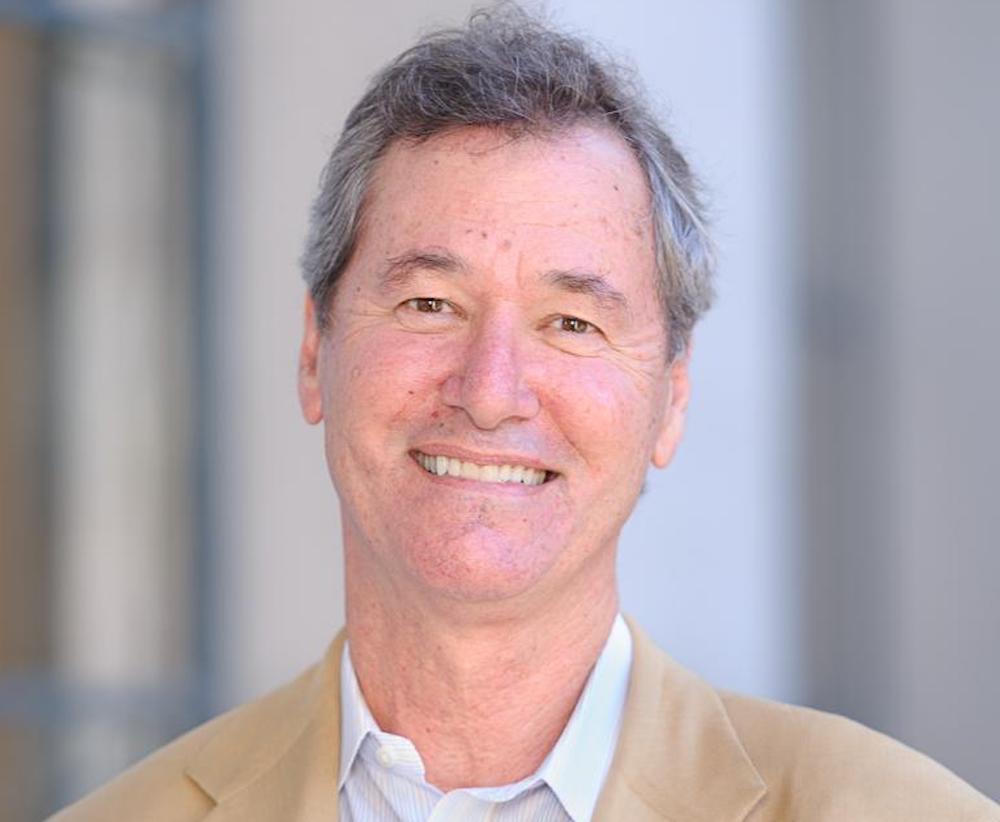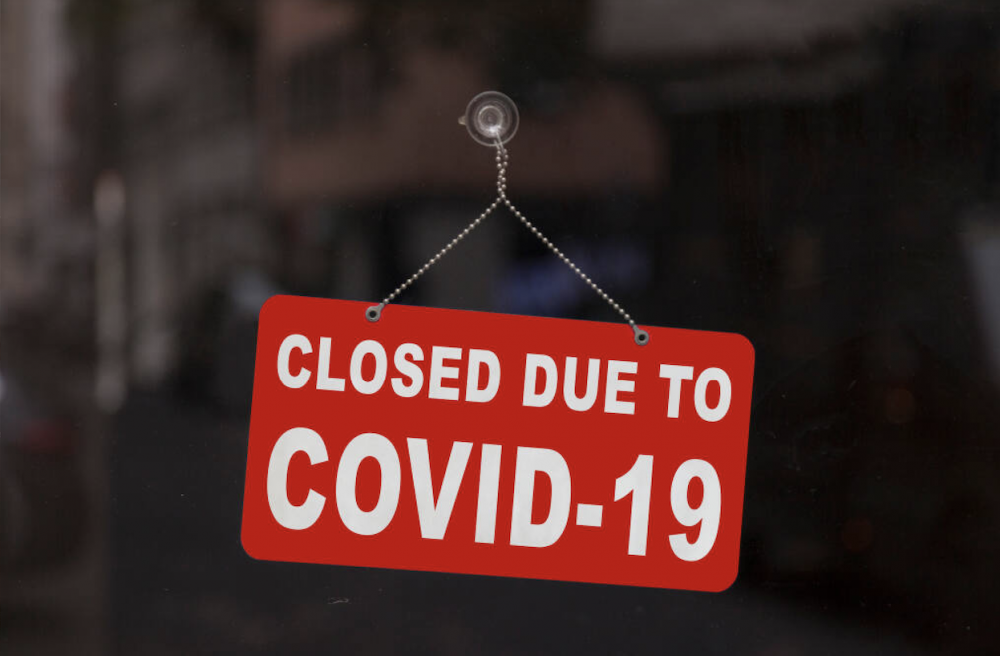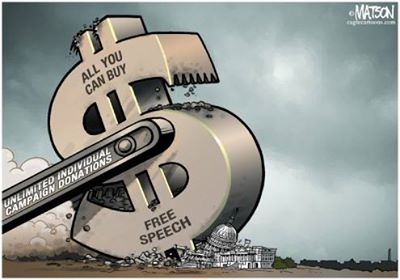
AISHANI BANERJEE – APRIL 7TH, 2020
David Roland-Holst is an Adjunct Professor affiliated with the Department of Agricultural & Resource Economics and the Department of Economics at University of California, Berkeley. He is the Managing Director and Principal of the Center for Economics, Resources, and Innovation. His research focuses on environmental economics and topics such as climate change, agriculture, and biofuels.
Aishani Banerjee: What drew you initially to economics? Why agriculture/resource economics specifically, and why developing countries?
David Roland-Holst: First of all, I had a sort of formative experience as a teenager when I met an economist named Kenneth Golding, who’s kind of a combination philosopher-economist and he made a really deep impression on me personally, even though at the time I was just a high schooler. Then I went into university and I actually majored first in mathematics because I was mostly interested in that at the time, but I took a double major in economics, partly because of Golding’s influence. When I finished I came to Cal and got my Ph.D. here and I was in Math-Econ at the time because that was a good combination of economic theory and mathematics. As I progressed through my graduate days I became more interested in application, particularly in developing economies. My dad had been a diplomat so I lived in a lot of developing economies as a kid, so I decided I wanted to shift away from pure theory and work more in applied theory, particularly in areas where there was a really obvious need for economic progress. That got me into development and finally, when I got my degree at Cal in 1985, it was economic development. After graduating, I went to a teaching institution—Mills College, which is right here in the Bay and had a very distinct advantage of being in the environment I kind of prefer. I kept doing that work, basically doing policy research for developing economies. I made a transition to Berkeley again in 2003, so I’ve been here about 17 years. I combined motivation for teaching—I love to teach—with my research interest. I’ve worked in 40 different developing countries now, and I’ve worked for a whole alphabet soup of agencies and donors and everything else. Mainly what I do is to give policy advice to developing countries. I began working initially on trade policy, but now in the last decade, decade and a half, I’ve transitioned more towards environmental economics and environmental policy because the risks that are presented by climate change are going to come to dominate development agenda globally in the next generation so we need to have a much better support for developing countries because their capacity to adapt is much more limited than richer countries.
Aishani Banerjee: If you had to distill your research interests down into one essential question about human nature, what is it? Why are you interested in that?
David Roland-Holst: Okay, about human nature? It’s an immensely challenging subject. I mean, we work in a behavioral science and I find it extremely fascinating because humans are such complex organisms and we have to combine the insights of psychology, sociology, and all the social sciences to really understand what drives our economic decisions. For me, the fascination is probably analogous to what a field biologist would field when they go into a rainforest, or a marine biologist when they go into the coral reef environment. There’s just a fantastic diversity and excitement in evolutionary processes, it’s all there—you just walk into an open market in a developing country and you get that same feeling, the vibrancy. The complexity can be really demanding for us, to try to come up with theories that explain human behavior, but the real motivation for doing that—for me at least—is to improve livelihoods. That’s been my main goal since I decided to make this transition. Let’s be honest, this thing we call prosperity is very much a work in progress. When 40% of humanity is living on less than $3 a day, it’s hard to say that the 400 years since the Industrial Revolution have really been a complete success. When you live in a place like California, you can kind of become complacent. We have an enormous amount of work to do and it’s becoming even more challenging as we see the constraints emerge on global resource use.
Aishani Banerjee: Would you say climate change is the biggest restraint?
David Roland-Holst: I think that’s the biggest challenge facing humanity, for sure. For the early part of my generation, we had this impression that Malthus was dead and we had overcome the threat of exhausting our own habitat, but now, unfortunately, that’s coming back to haunt us. We once thought that the Earth was so vast that we could exploit it relentlessly without ever seeing the consequences of doing that—except maybe locally, in terms of things like toxic pollution and so on. But now we’re really beginning to realize that we’re touching the envelope of our own survival and that’s a new thing, and frankly speaking, being part of my generation I feel really guilty about that, you know, it’s this sort of “OK Boomer” problem. Since I have to spend my days looking out at audiences full of faces like yours, I want to have hope for the future. And for that reason, I am really, firmly committed to trying to find direct solutions to these problems. We’re fortunate—you’re fortunate—to be in a place where people respect science and evidence so it’s a more constructive environment. But still, the challenges of denial and everything else is really substantial. My job, as I see it, is to strengthen the basis of evidence, to help find ways to make all of this not only more sustainable but continue to improve livelihoods for those who haven’t attained the material aspirations that all of us enjoy.
Aishani Banerjee: What are the common problems you run into when advising countries and policymakers?
David Roland-Holst: There are big geographic differences, of course. There’s a kind of deadlock between Washington and California, and I do most of my work in California and in East Asia on environmental work, and those are really positive areas to work. I mean, clearly, there are more challenges in East Asia as far as emissions and environmental risks go, but I’ll tell you something that I find very heartening. Most of the policymakers that I’ve dealt with in Asia are pragmatists, they’re pragmatic. They respect science. They may say that this isn’t our first priority right now, but they aren’t in denial about our material facts, and so eventually, I expect that they’re going to come around.
And this is our challenge, I think, is to raise the standards of policy to meet the evidence, and frankly speaking most of the policymakers I talk to in Europe and in Asia are much more pragmatic. They have priorities of course, and those priorities order the decision that they make, but they’re not in denial about science. And when they need to come around I expect that they will. For example, China is now the most aggressive country in the world when it comes to improving air quality, and it’s not because we were guilt-tripping them about emissions and telling them they need to stop global warming, it’s because they have a public health crisis in their cities right now. That brought them onto the bandwagon a sense of realistic concern about the quality of life for their own citizens. Thank goodness, you know, I hope other countries will follow suit. India needs to do that. They may not have the same authoritarian organizational capacity as China—well, in principle, they might—but the risk is becoming completely intolerable, so they really have to come around, and I hope that they will
Aishani Banerjee: So what do you say is something that policymakers get about economics that the average person won’t?
David Roland-Holst: I find that actually, very frustrating, that in many cases I see the same constraints of ignorance and denial.
Aishani Banerjee: Even though they have more information?
David Roland-Holst: They should know better. They have one thing that’s really working against them and it’s not stupidity, it’s not ignorance, it’s political opportunism. In many cases, we’ll see policymakers make decisions for political reasons, which essentially deft the evidence that experts are trying to present to them, whether it’s scientific evidence or economic evidence, they say “No, don’t tell me that, because I need to do this for other reasons.” This is something you do see, I have to say, frequently in some developing countries because you have oligarchic power structures in those countries, so the policymakers are responding to different kinds of incentives, which are not necessarily dictated by what we consider to be evidence or expert opinion. They have to respond to political priorities, shall we say. I understand that it’s pragmatic in a way, but it is deeply frustrating, and the worst example of that is, of course, corruption. It’s real, we can’t deny it, and it’s a very efficient organism in some institutional settings. In that context, the absence of corruption is a good thing but still, even in countries with relatively low corruption like the United States—relatively, corruption exists everywhere in the world—but even with relatively low corruption there are still political forces that compromise, I wouldn’t say the judgment of decision-makers, but the decisions that they actually take. I think in many ways they know better, but that doesn’t stop them from doing it—making a decision that’s not in the interest of most of their constituency.
That’s the most frustrating thing for me, shortsightedness and I would say policy bias, we just have to call it that. Whether it’s a result of corruption or some other kind of influence—expediency—it’s frustrating. If you look at the social polarization of the US right now, that’s a really classic example of that. It’s trying to appease a really small minority of swing voters in order to ensure, or to try to assure—I don’t know if it’ll work or not—but unfortunately the last time it seemed to have worked, and so we’re only going to see that ramp up again, but it’s all the wrong decision making.
I’ll give you a really good example. The country of Brazil spends half of its education budget on university education; That’s serving 4% of the population. That’s craziness, not only from an equity point of view but also from an economic development point of view. For a country like that with relatively low average education levels to put half their education budget into 4% of the population is absurd. But if you ask—I was in a meeting at the World Bank where the Minister of Education was challenged on this—he said “Well, you know, I can’t justify this policy, but I can tell you why it exists. It’s because most members of the National Legislature want their children to go to college. Those ate the people who allocate the budget, but it’s a policy that has no economic rationale; on the contrary, it’s really destructive because it’s just perpetuating inequality, but it’s happening for political reasons.
Aishani Banerjee: What are the major problems facing developing countries today, and what is the most interesting solution to that problem? Or memorable, it doesn’t have to be a good solution.
David Roland-Holst: No, there are very good solutions out there. Most of them involve basically a lot of very diligent participatory economics. It’s really basically ownership and accountability is the best solution in a development context. One of the most chronic sources of poverty and inequality is weak property rights. People have no incentive to invest. It’s not just that they may not have enough to properly start with but they don’t even have an incentive to invest with what they do possess because they are afraid it’ll be expropriated. You learn this at the beginning of your economics classes, that prosperity is all based on savings and investment. That’s the growth cycle, that’s the engine of growth. So poverty, global poverty, is not so much a low-income trap, it’s a low investment trap. That’s what keeps people in a low-income status. The way we got out of poverty, all the great societies, is that we were low income once but then we started to save and invest, save and invest, build, build, build, build capacity, build infrastructure, it’s all through savings and investment. The poor have savings—They are poor, of course, but if you don’t believe they have savings then go to a wedding, go to a funeral, and you’ll see a lot of money being spent from savings. That’s being spent on social capital because they have secure property rights socially but when it comes to land tenure and other things that they could invest in productively, property rights are too weak. Rights reform, which means inclusive, democratic, participatory development, is the most important foundation because it allows the poor to engage in self-directed poverty alleviation. They’ll do it themselves, as we all did. They’ll invest their way out of poverty, they can, but in most developing countries they don’t have the security to, it’s much too risky for them to because they can’t secure their property rights. So that’s the big challenge that I would say. On the climate issue, I wouldn’t say that it’s come out of nowhere but for developing countries it has. Most developing countries have no significant responsibility for climate change. Of course, India and China are big emitters, because they’re big countries. But otherwise, these countries are going to face enormous forward financial obligations just for security. And my fear is that development is going to start going in reverse if we don’t redouble our commitments to help them because they don’t have the capacity alone to adapt. There’s going to have to be some kind of North-South solution to these things. People ask me all the time when I speak about climate, what’s going to trigger this response, how are we going to get over the denial, and my answer is: I hope this doesn’t happen, but ultimately it’ll end like the beginning of a zombie movie—where people start moving in very large numbers. That’s it, because countries will react, and the rich countries will recognize the problem—they have to. Look at what happened in this crisis in the Middle East, this tragedy in Syria and the neighboring countries. Just a few hundred thousand refugees completely upended the European political system. This resurgence of the right—incredible, right? We’re talking about numbers that are a hundred times larger. Climate refugees, which the UN is calling them, will rise to about 50-100 million by 2050.
Aishani Banerjee: I remember reading that by 2100 it would be 2 billion.
David Roland-Holst: We’re not ready for that. But if it starts, like zombie movies, people are going to react, in a very bad way. Because that theme is always the same in those crazy movies, you know, it’s like “we’re coming to take what you possess and nothing’s going to stop us” and the only reaction to that is violence. So I hope that that isn’t what triggers the end of denial, but if we keep denying it that’s going to be the only alternative because people can’t stay. Bangladesh is looking at 40 million refugees. They’re the poster child of sea-level rise—they’re going to lose almost 20% of their landmass by 2040 and those people don’t have a place to go yet. I’ve counseled the Bangladeshi government about this and I’ve said: look, migration is a very positive force for growth, and it has been for many countries, but only when it’s demand-driven. You’ve got to basically get around and in front of this thing, create the capacity, create the jobs, create the residential infrastructure to bring migrants, not to wait for them to come running into these areas because that will only arouse hostility. So, big challenges.
Featured Image Source: Berkeley
Disclaimer: The views published in this journal are those of the individual authors or speakers and do not necessarily reflect the position or policy of Berkeley Economic Review staff, the Undergraduate Economics Association, the UC Berkeley Economics Department and faculty, or the University of California, Berkeley in general.



